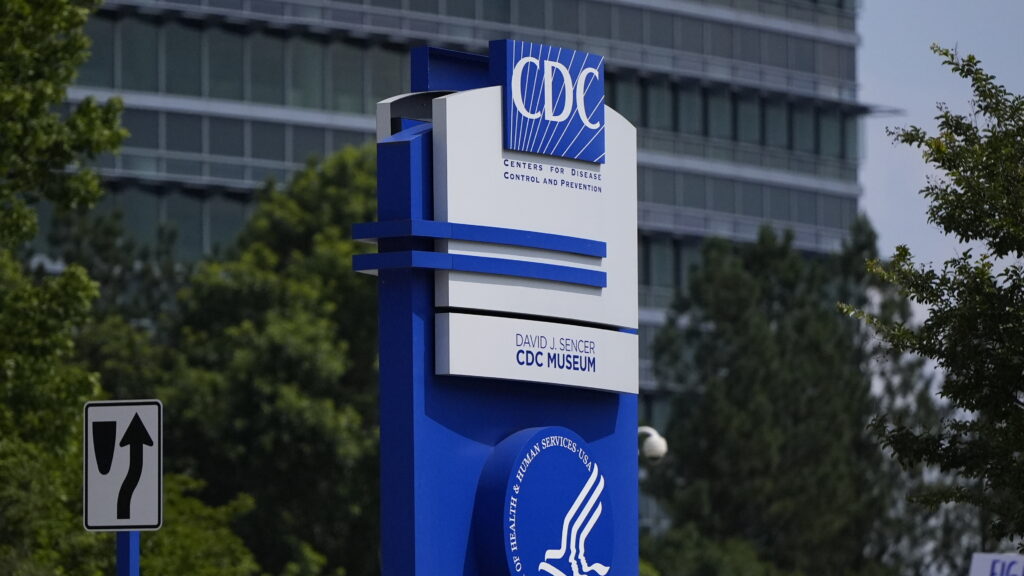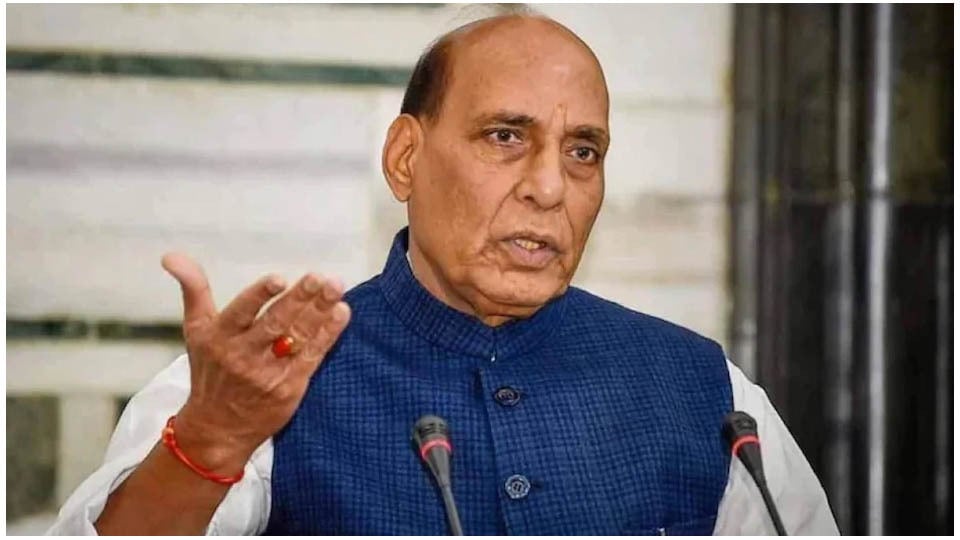
Get your daily dose of health and medicine every weekday with STAT’s free newsletter Morning Rounds. Sign up here.
Today’s a C-SPAN morning. Former CDC officials will testify before the Senate health committee about how health secretary Robert F. Kennedy Jr. is endangering Americans’ health. Here’s a sneak peek at what they’ll say.
Advertisement
Former CDC heads say RFK Jr. has ‘politicized’ agency
Buckle up, it’s bound to be an interesting morning as former Centers for Disease Control and Prevention officials tell a powerful Senate committee that political forces have overtaken scientific evidence at the agency, threatening Americans’ health.
STAT’s Daniel Payne got his hands on the testimonies of former director Susan Monarez and former chief medical officer Debra Houry. Monarez was ousted by health secretary Robert F. Kennedy Jr. last month because she refused to adopt his vaccine agenda. She will detail the events that spurred her departure. Houry will testify about why she resigned after a decade at the agency, arguing the secretary’s actions “repeatedly censored CDC science, politicized our processes, and stripped agency leaders of the ability to protect the health of the American people.” (Here’s a handy tracker of all the CDC data that’s been modified or deleted since Trump took office, which we’re updating in realtime.)
It’s been months of turmoil at the CDC, as the officials will soon detail. Could this endanger Kennedy’s standing within the federal government? Read Daniel’s story to find out.
Advertisement
CDC pauses telework accommodations for employees
The CDC chaos continues: agency officials temporarily ended reasonable accommodations for employees to work from home and paused future approvals for new applicants.
The agency’s decision stems from the Trump administration’s January directive to end most remote work for federal employees and is tied to an August update to a broader Health and Human Services telework policy, which did not initially include long-term telework as an option for federal employees with disabilities.
A CDC union representative believes the policy change can be attributed to “overreach and overinterpretation” from CDC officials unsure of how to interpret the August policy update. It’s unclear whether other health agencies will be affected. What is clear is that dozens of CDC employees will now have to scramble to figure out how to get into the office. One employee was notified that they were no longer eligible for telework after 2:00 a.m. on Tuesday morning, according to emails STAT obtained. Others were told to report to work the next day, disability notwithstanding.
Are you a CDC employee or another federal health employee who has lost your ability to telework? I want to hear from you. (My signal is rosebroderick.11.) For everyone else, read my story here.
Surgeon general nominee made a small fortune promoting supplements
The surgeon general provides Americans with “the best scientific information available on how to improve their health and reduce the risk of illness and injury.” So reads the official government website for the Office of the Surgeon General.
How would Trump’s pick for the role interpret that mandate? New financial disclosures have invited new scrutiny over whether possible conflicts of interest could interfere.
Casey Means, the nominee for this role, has made hundreds of thousands of dollars promoting supplements and other health and wellness products, according to new financial disclosures. The $69 billion supplement industry is largely unregulated and not required to provide evidence of the safety or efficacy of its products. Some supplements, like folic acid for pregnant women, are beneficial, but across the industry there are others with ingredients that pose serious health risks. The filings are the latest reminder of the deep ties between the supplements industry and several members of the Trump administration, including Medicaid director Mehmet Oz.
Advertisement
Want to know which company forked over more than $130,000 to Means? The tobacco companies that Means pledged to divest from her family portfolio? Read more here.
Dispatch from the Black in Neuro conference
It’s not an easy time to be a black neuroscientist, but that didn’t stop the Black in Neuro group from gathering last week in Washington, just miles up the road from an administration that has ordered a wholesale defunding of work to diversify the scientific workforce and terminated training grants that supported many of the group’s scientists.
The group highlights the work of and supports black neuroscientists, counting 1,600 scientists in its ranks. They aim to address a noticeable gap: only 4% of neuroscience Ph.D. graduates are Black, even though Black people make up 14% of the U.S. population. That figure falls to 3% for postdoctoral researchers and just 1% of faculty in the field.
“This is something where we are celebrating, because even just to get to five years from where we started, which was literally just a group of students that met together online, I think there’s beauty in that,” said De-Shaine Murray, the group’s president.
Read more from STAT’s Anil Oza.
Sen. Ron Wyden: RFK Jr.’s narrative about chronic illness is ‘delusional’
Kennedy likes to act like he is the only person to ever care about the rise of chronic illness in America, Sen. Ron Wyden (D-Ore.) writes in a new First Opinion essay. And this fable is at the heart of the health secretary’s “delusional health care narrative.”
Kennedy has caused scores of problems he has to answer for after only about 200 days in office, Wyden argues. With his backing, congressional Republicans passed into law the largest cut to health care in American history, including nearly $1 trillion in cuts to Medicaid, which provides health care to 37 million children. The legislation threatens access to the kind of quality programs that prevent chronic conditions from developing in the first place.
Kennedy is also oblivious to current efforts to alleviate chronic illness, Wyden writes. He should “take the time to learn about what others in public service are working toward to alleviate chronic illness in America, rather than bringing talking points and misleading statistics to use as a political cudgel.” Read more here.
Advertisement
What we’re reading



